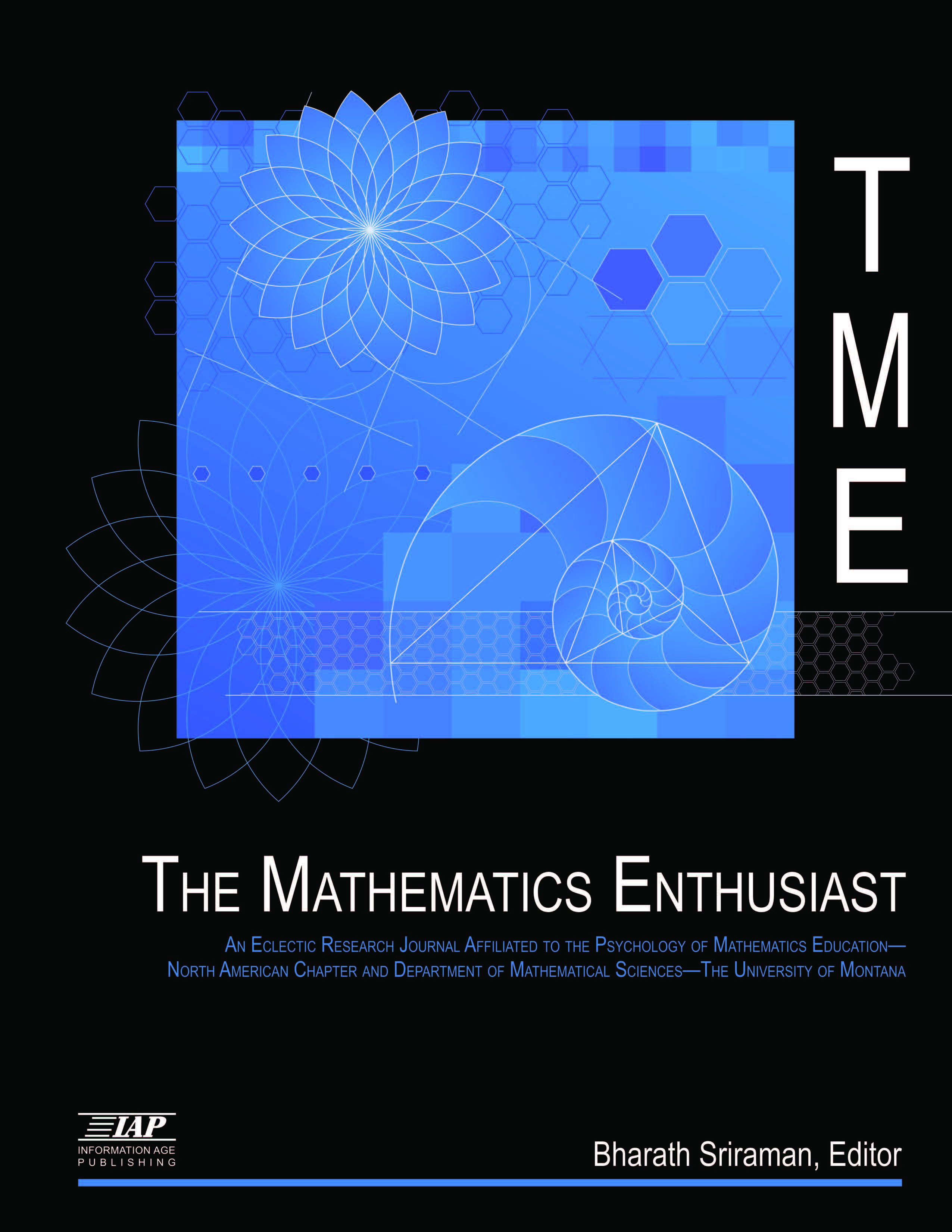
Volume
4
Issue
1
Abstract
This article reports research that is concerned with pre-service teachers2 working collaboratively in a problem-solving context without teacher involvement. The aim is to focus on the students’ heuristic strategies employed in the solution process while working on two problems in geometry. Two episodes from the dialogues in one group of students with limited mathematical backgrounds have been chosen to illustrate some mathematical movement throughout the group meetings, from working with the first problem to working with the second one. The findings reveal that three categories of strategies, visualising, monitoring, and questioning, play an important role in order to make progress with the problems. As a preparation for working on the two problems, metacognitive training in combination with cooperative learning was introduced to the students throughout a month. The study indicates that these critical components in the design of the instructional context stimulated the students with limited background in mathematics to improve their problem-solving skills. The analysis has particularly focused on the important role of the process writer that provokes the mathematical discussion by generating utterances categorised as looking-back questions. By recapitulating the solution process or the last idea introduced in the dialogue, the process writer stimulated the establishment of a common ground for the further discussion. The article also deals with issues of teacher involvement in students’ mathematical discussions in collaborative working groups.
First Page
1
Last Page
30
Recommended Citation
Bjuland, Raymond
(2007)
"Adult Students' Reasoning in Geometry: Teaching Mathematics through Collaborative Problem Solving in Teacher Education,"
The Mathematics Enthusiast: Vol. 4
:
No.
1
, Article 1.
DOI: https://doi.org/10.54870/1551-3440.1056
Available at:
https://scholarworks.umt.edu/tme/vol4/iss1/1
Digital Object Identifier (DOI)
10.54870/1551-3440.1056
